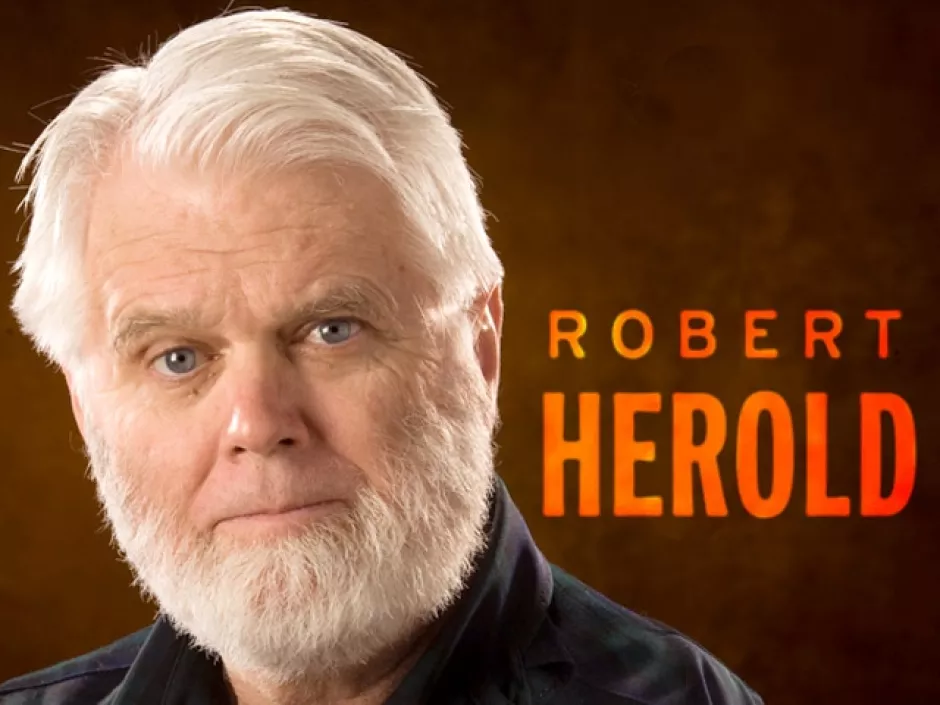Yes, I can already hear parents mumbling: “How can my kid get a job by reading all those books?” I point out that the very prestigious private schools, the last bastion of liberal arts education, even in bad times, have a pretty good track record placing their students out there in the real world. My brother’s son-in-law, a history major, went almost directly from Bowdoin College to a high-profile marketing company; another student I know, an English major, went from Stanford to New York and Wall Street. So it isn’t that a liberal arts education doesn’t prepare one for life outside academe; it’s that these prestige schools do a much better job of tracking and placing students, working with alumni and arranging those all-important internships. In most schools this work depends on efforts of individual faculty, usually with no organization or additional staff to help.
What’s worse, some faculty members take the position that helping students get on with their lives is a form of the dreaded job training. Under our current economic circumstances, this makes about as much sense as pumping water into a sinking ship.
For a moment, let’s dare to consider practicalities. Here’s my story: In late 1960, I interviewed for a job in the Navy’s Special Project Office, which was developing the Fleet Ballistic Missile program, the nation’s most technologically sophisticated weapons program. “SP” was the highest priority of any Department of Defense research and development program.
“We want to hire you be a budget analyst,” said the head of the Resources Branch, Tom Aiken.
I stammered: “Thanks, but I majored in political science and minored in history.”
“Oh, that’s all right,” said Aiken, “we have our ways of doing things around here, and you’ll learn what you’ll need know over the next six months or so. And there’s no way you could learn this in college anyway.” He paused, then continued: “Your success in the organization will depend on how critically you think, how well you write and how clearly you communicate.”
I later learned that Aiken, who was in charge of billions each year, had an MA in English literature from the University of North Carolina. My boss had an MA degree in English from Georgetown; a colleague had a degree in political science from NYU.
And we all did just fine working with those engineers. We could write, we could think clearly, were at home with analysis and we could communicate. We asked the questions they didn’t. We all needed what amounted to an apprenticeship; no matter the major, no matter the career setting, all aspirants need an apprenticeship.
Times have changed, you say? I entered college in the fall of 1957. Remember what happened the fall of 1957? Sputnik, that’s what. And the very next day, the cry for math, science and technology began âeuro;” even louder than today.
Beleagured though it is, the liberal arts remain critical to the health of a civilized society. The business world, government, and nonprofits âeuro;” all need liberally educated workers. Moreover, so does the human spirit. But we can’t get there from here if all our resources go towards the task of marginally improving high school test scores in math, science and technology at the expense of cutting the humanities, the social sciences and the arts.
Look at it this way: Math and technology are two ways of getting at thinking critically. Technology is applied thinking. Science is a particular method of thinking critically. But I want to stress the word “particular.” Math and science aren’t the only ways to think critically. And regarding some questions, even subjects, they are not the best way.
Robert McNamara, the Secretary of Defense under presidents Kennedy and Johnson, was the technocrat’s technocrat. His lens was business theory, statistics and economics. As such, the language he spoke was of a particular sort. In a few words, McNamara wanted things quantified. If you couldn’t quantify your question and answer, he didn’t want to talk to you.
In the 2003 documentary film The Fog of War, McNamara reflected on the errors America âeuro;” and his administrations âeuro;” made before and during the Vietnam War: “Empathize with Your Enemy,” “Rationality Will Not Save Us,” “Belief and Seeing, They’re Both Often Wrong,” “Proportionality Should Be a Guideline in War,” “Be Prepared to Reexamine Your Reasoning.”
My God, I thought, and McNamara just learned all this? Half a century later? Learned what any undergraduate student majoring in history or political science should have studied?
Yes, we need better math, science and technology education and training. But we need the liberal arts, too.


















